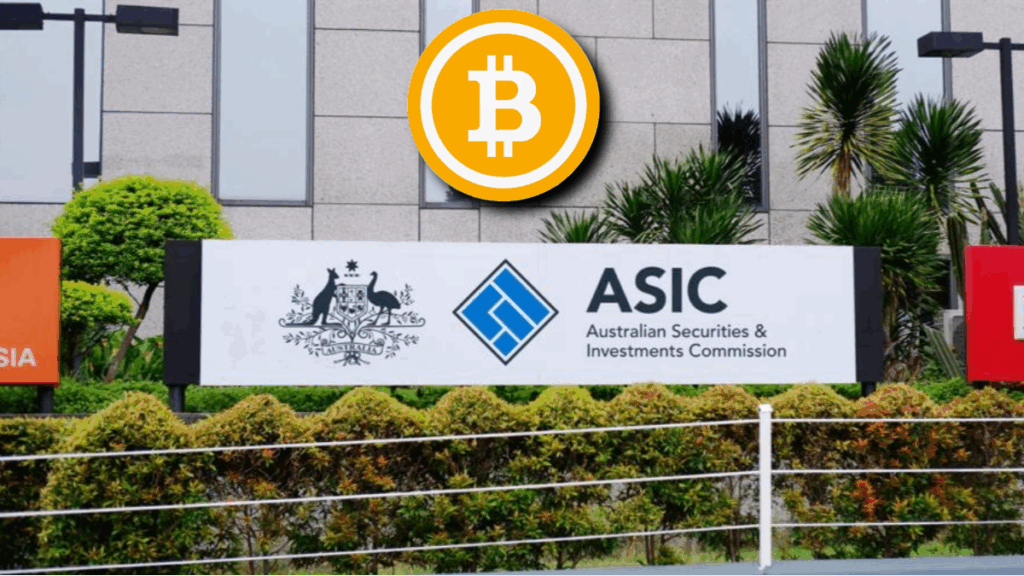TL;DR
- The Australian Securities and Investments Commission (ASIC) clarified that stablecoins, wrapped tokens, and tokenized securities are now classified as financial products, requiring providers to obtain licenses.
- The regulator issued a sector-wide no-action position through June 2026 to allow firms time to transition.
- Proposed regulatory relief will ease licensing barriers for distributors of certain stablecoins, ensuring compliance while supporting industry growth and innovation.
Australia’s securities regulator, ASIC, confirmed that stablecoins, tokenized assets, and digital wallets are financial products under existing law, meaning service providers must secure Australian Financial Services licenses. The announcement, released on October 29, comes with an eight-month transition period, giving the industry until June 2026 to align with requirements. ASIC emphasized that licensing ensures consumer protection while maintaining flexibility for firms innovating in blockchain and tokenization. Analysts note that this clarity could boost investor confidence and attract more international players to the Australian market.
Licensing Requirements And No-Action Position
Updated Information Sheet 225 outlines which digital assets are considered financial products and how licensing obligations apply. ASIC introduced a no-action position until June 30, 2026, allowing firms to operate while preparing for compliance. The regulator also invited feedback on draft relief instruments for certain stablecoins and wrapped tokens until November 12, 2025. Historical conduct will be considered under this framework, but egregious practices causing consumer harm remain subject to enforcement.
ASIC clarified that custodians and intermediaries of digital assets must meet licensing and disclosure standards. Product Disclosure Statements will be required for retail clients accessing relief, ensuring investors retain protections while barriers for stablecoin distribution are reduced. The guidance complements practical measures ASIC provided earlier in 2025, supporting initiatives such as the Reserve Bank of Australia’s Project Acacia, which explores wholesale tokenized asset markets.

Government Reforms And Industry Implications
The guidance aligns with the Australian government’s proposed Digital Asset Platform reforms, which would require exchanges and operators to hold licenses and impose penalties for misleading conduct or unfair contract terms. Smaller platforms under A$5,000 per customer or A$10 million annual volume may be exempt. Regulatory updates aim to balance investor protection with innovation, reflecting Australia’s rising crypto adoption, which reached 31% in 2025.
Major exchanges, including Coinbase, are expanding into Australia’s self-managed superannuation funds sector, showing strong adoption trends. ASIC’s updated guidance, licensing requirements, and temporary relief measures illustrate a pro-innovation approach while formalizing protections, signaling confidence in blockchain-driven financial services growth.










